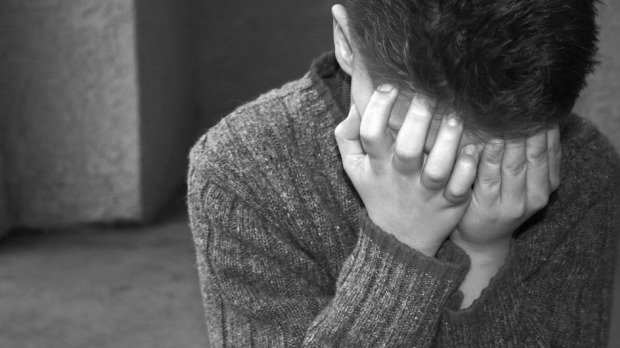Royal Commission exposing the hard truths about abuse
Sydney Morning Herald
Editorial
23 March 2015
 Time and again we have been floored by the failure of authority figures to understand the nature of child sexual abuse and their legal obligations.
Time and again we have been floored by the failure of authority figures to understand the nature of child sexual abuse and their legal obligations.
Case by case, disgraced institution by disgraced institution, our eyes are being opened. The royal commission charged with investigating how institutions deal with child sexual abuse is remaking our understanding of the people and places we entrust with the safekeeping of our children.
Reputations have crumbled before the measured march of the commission's inquiries. It has exposed to national scrutiny a rotten core of cover-ups and cowardice within some of our most respected organisations; the blind eye turned to molesters, the benefit of the doubt given to workmates, policies to prevent or redress abuse never practised, the bottom line placed above compassion for victims, and the guarding of reputation above everything.
Time and again we have been floored by the failure of authority figures to understand the nature of child sexual abuse and their legal obligations. Time and again, we have heard victims were disbelieved by those they turned to for help.
Perhaps former prime minister Julia Gillard understood what it would mean when she announced the royal commission in late 2012 – but for most the sweep of its investigations has been a revelation: from government homes and Christian orphanages to the Yeshiva colleges in Bondi and Melbourne, from Swimming Australia to the YMCA, from Pentacostal churches to the Satyananda Yoga Ashram, and from St Ann's Special School in Adelaide to Knox Grammar on Sydney's north shore. No one can say this has been a witch hunt against the Catholic Church or the former archbishop of Sydney, Cardinal Pell. Nor can we escape the conclusion that abuse is possible in any institution where people have power over the vulnerable, no matter its trusted reputation.
The Salvation Army is the latest household name to be further shamed. This month, in a report into four army-run boys' homes, the commission found army employees sexually abused boys in these facilities from 1956 until their closure between 1977 and 1983. The army received almost 100 allegations of sexual abuse but in most cases "the boys who reported the abuse were punished, disbelieved, accused of lying or no action was taken".
And in hearings this month it was apparent that abuse in out-of-home care is not a phenomenon restricted to the era of black and white photos and seen-but-not-heard notions of child rearing. Inconsistent state record keeping makes contemporary assessment of sexual abuse in out-of-home care difficult, but the commission has tried. It came up with a staggering figure – 3639 reports of child sexual abuse from state and territory governments and selected non-government organisations in the last two financial years.
The figure is flawed; among its weaknesses is the potential for double counting between the state and private reports and the likely inclusion of historic abuse only now being reported. But the CREATE foundation, which advocates on behalf of children in care, is adamant the problem of abuse in out-of-home care is not a historic issue. A number such as the commission's makes it urgent that the size of the contemporary problem is measured.
There are roughly 43,000 Australian children in out-of-home care, with Indigenous children nine times more likely to be in care than non-Indigenous children. The commission heard that kinship carers are not screened as rigorously as foster carers even though about 20 per cent of sexual abuse in out-of-home care occurs in this kind of placement. The disparity varies between states, but Victoria seems particularly lax. The Herald urges governments to heed this and other alarm bells sounding from the commission's work on contemporary out-of-home care and asks the commission to include CREATE and other advocates for today's children in the further hearing planned. After all, ensuring the experience of children is heard is crucial in preventing abuse.
Already, the Royal Commission into Institutional Responses to Child Sexual Abuse has done much good. Policies and practices are changing. Police investigations are underway. Abuse victims who thought they would die without anyone in authority believing them have been heard and vindicated. Our understanding of the ongoing suffering of victims has increased. Though it has almost another two years to run, the commission has proven its worth already. The nation will be better for the hard truths it has exposed.
Originally published at Sydney Morning Herald.